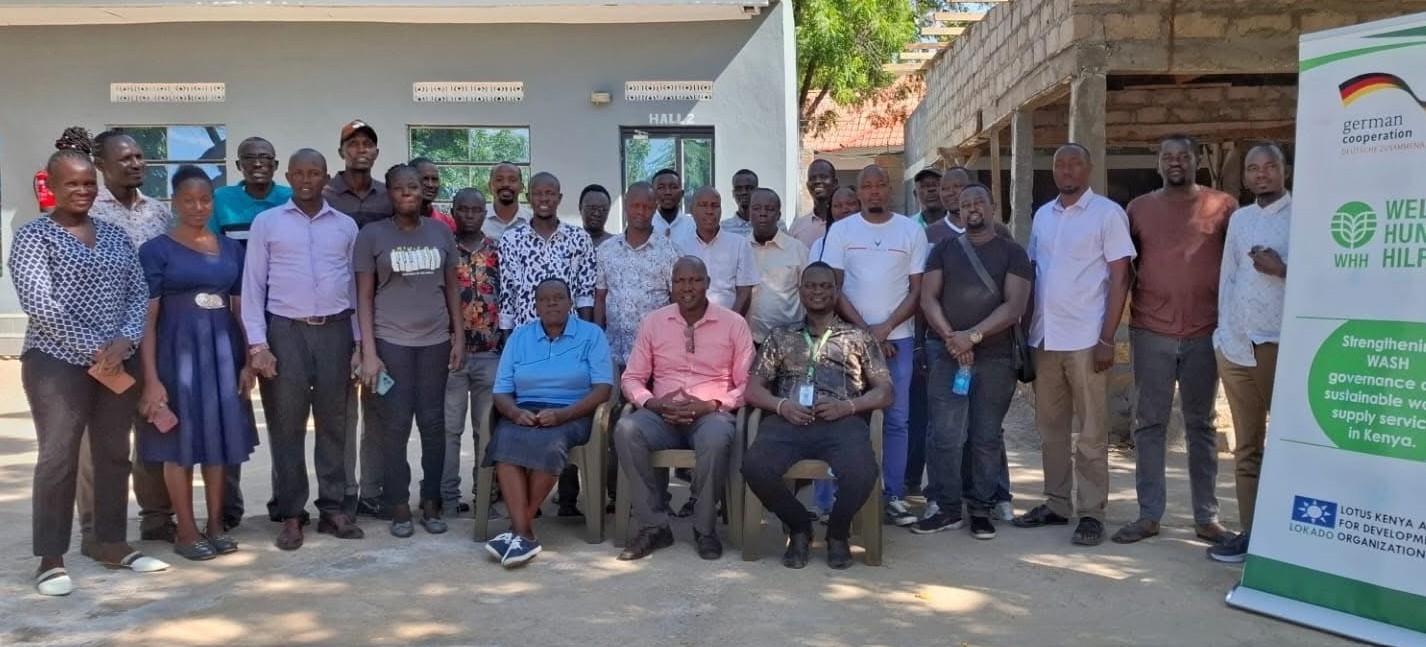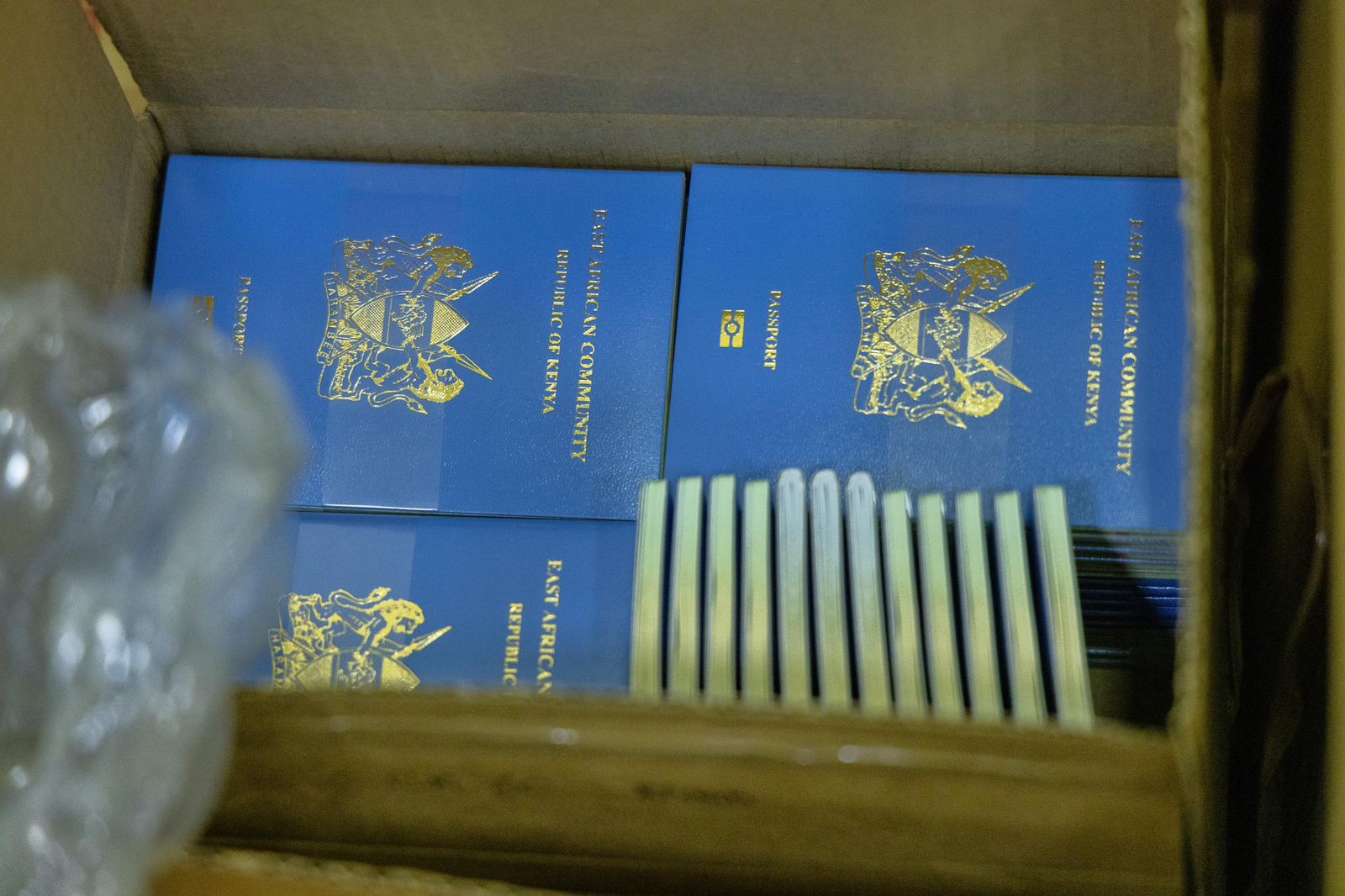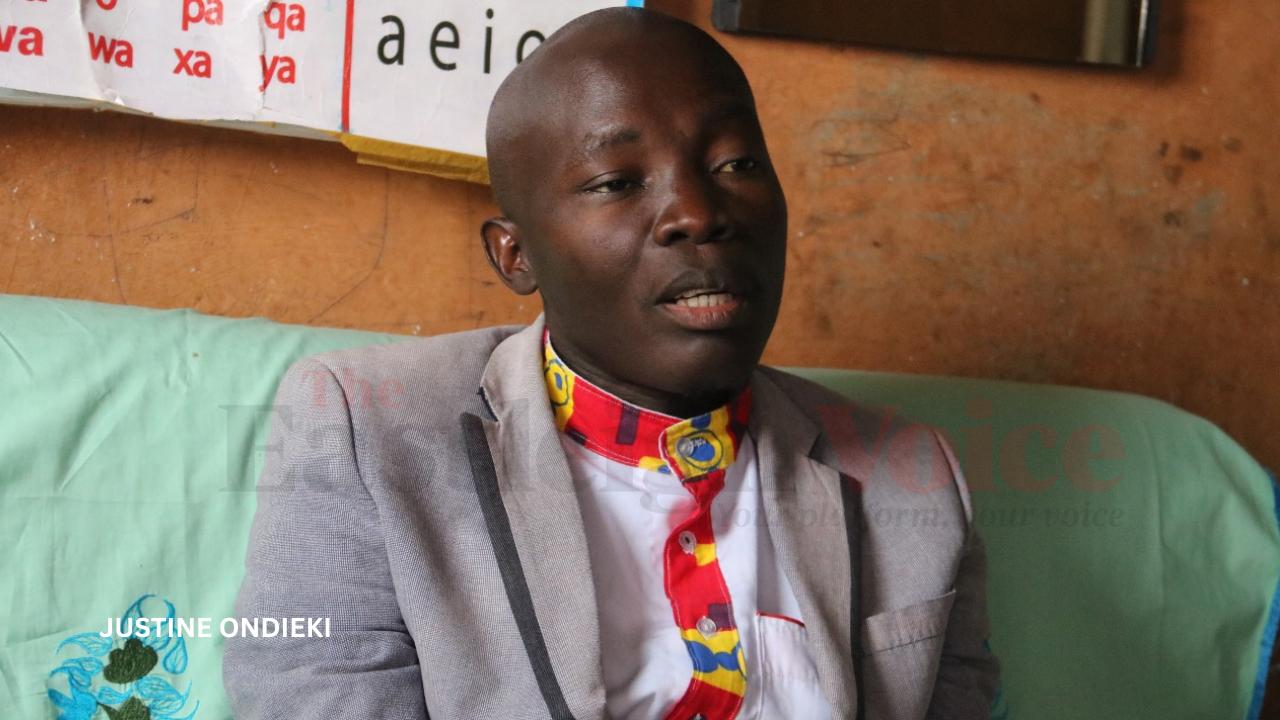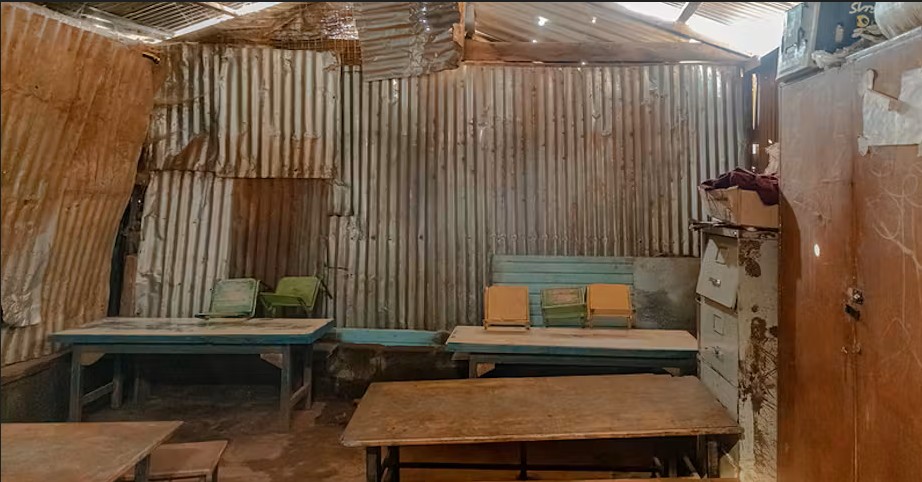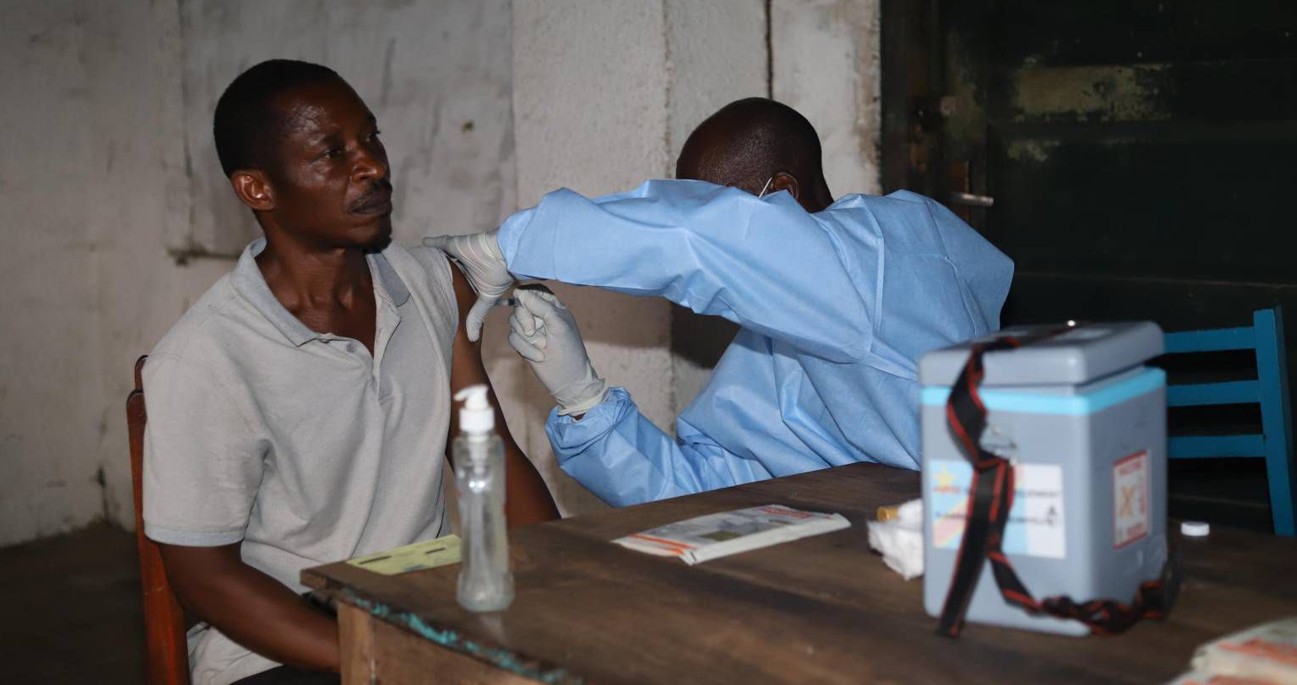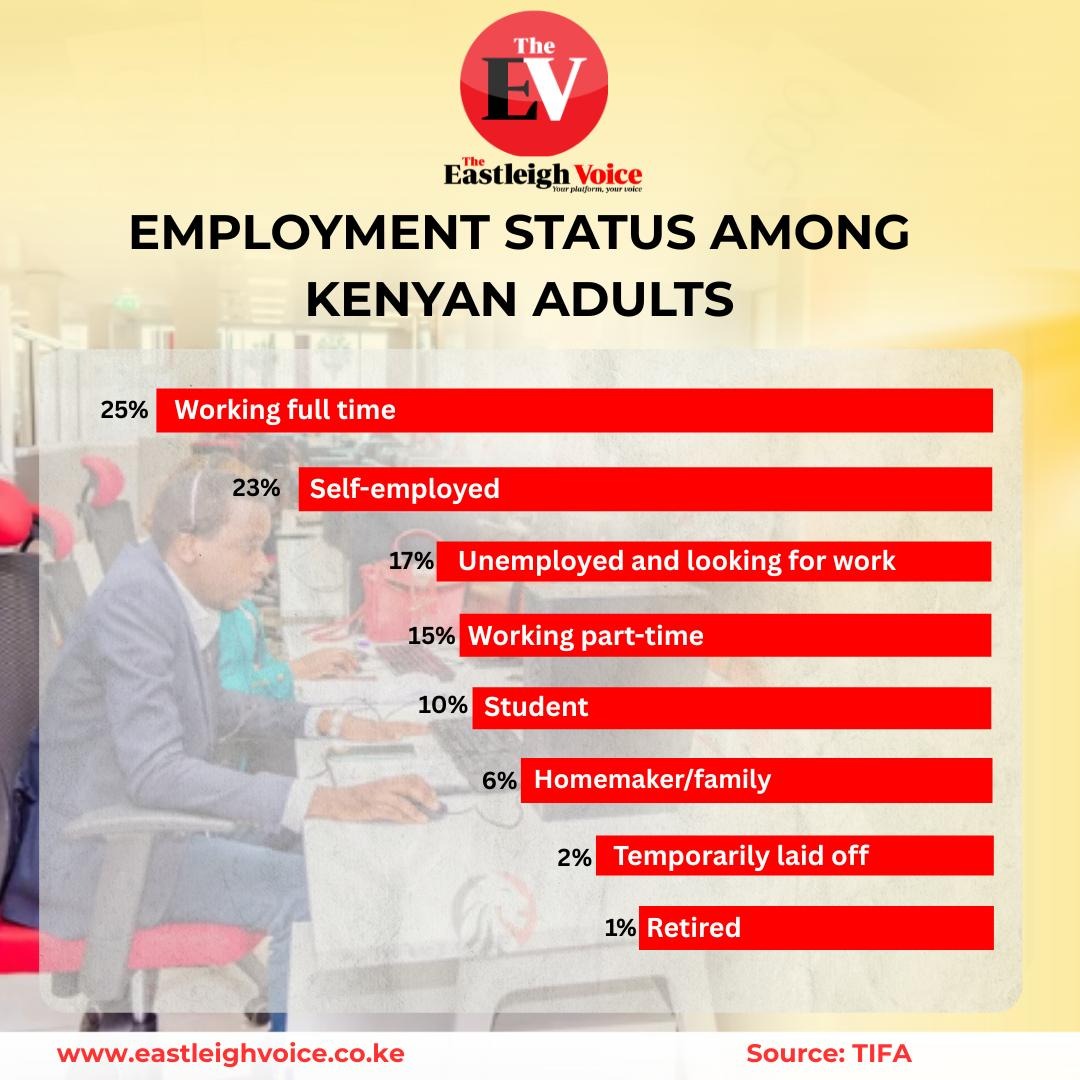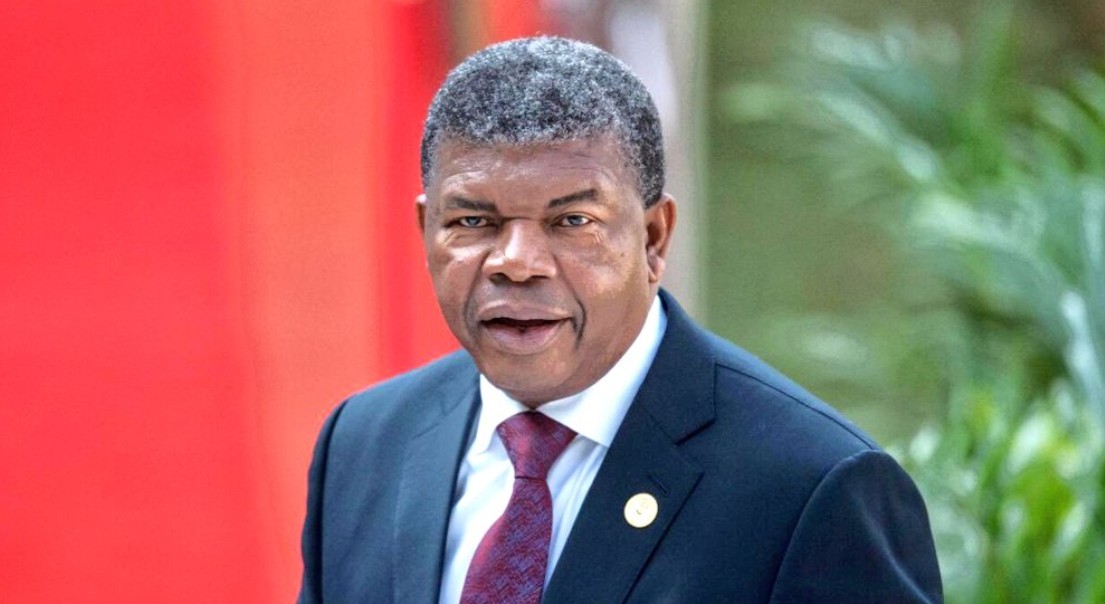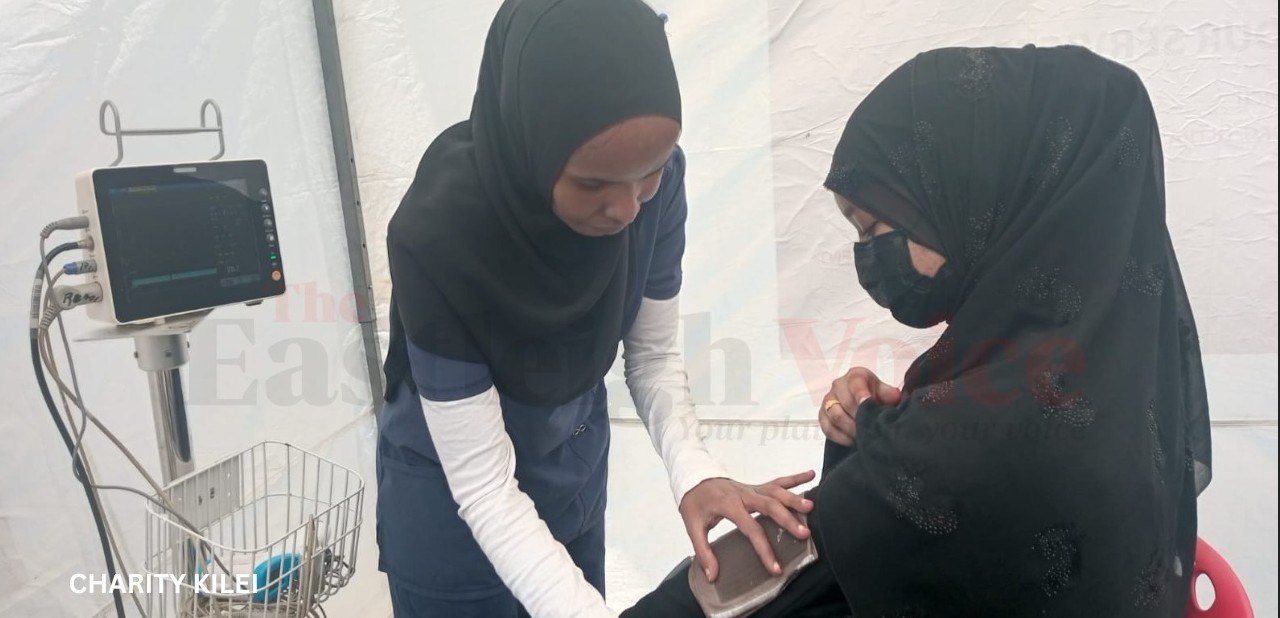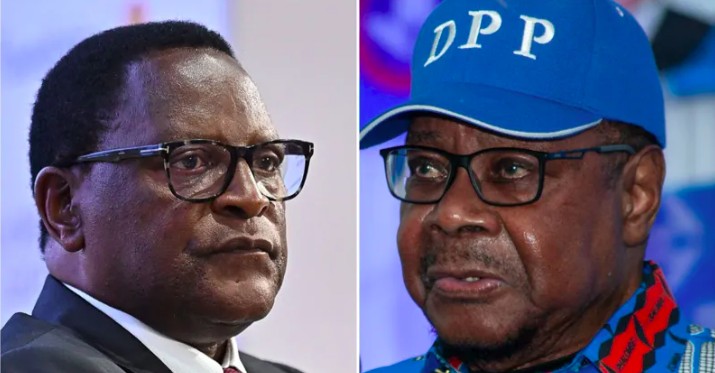No direct evidence linking student to fake Ruto death post, data analyst says
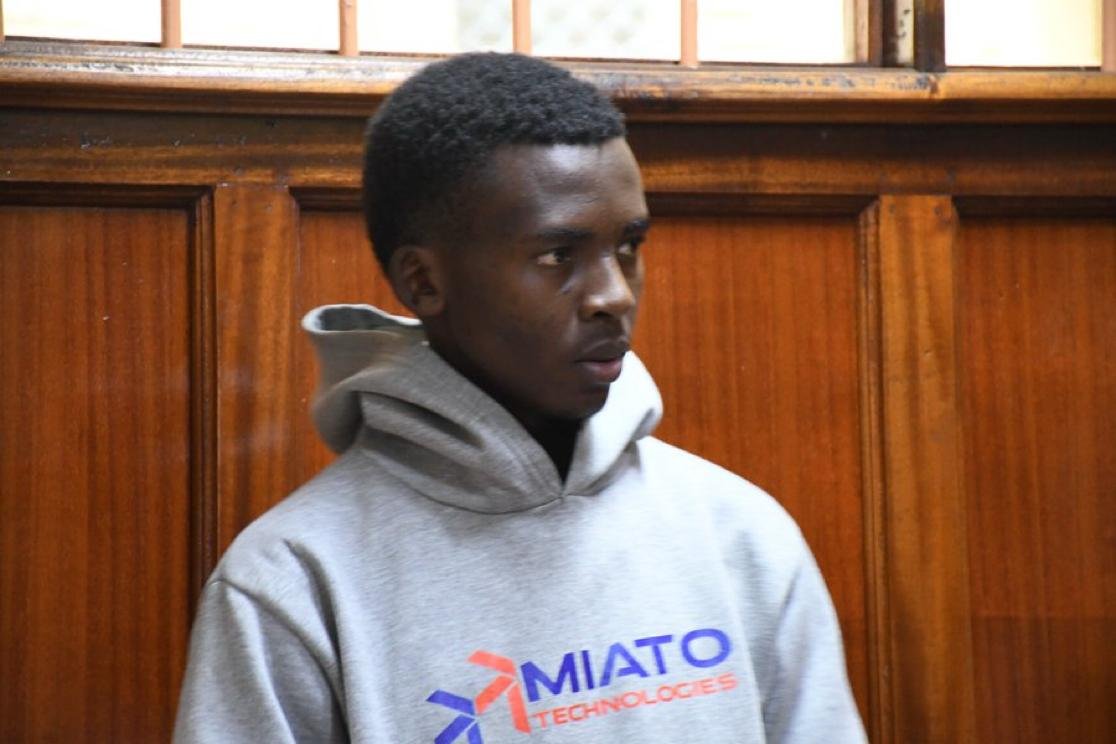
The post, dated November 13, 2024, stated: “Ruto’s body leaves Lee Funeral Home.” David Mokaya Ooga, a fourth-year student, is accused of authoring and sharing the message.
A digital forensic analyst has told a Nairobi court that he could not directly link a Moi University student to a viral social media post that had false information that President William Ruto had died, despite retrieving data from devices tied to the incident.
Testifying before Milimani Senior Principal Magistrate Ben Mark Ekhubi, forensic expert Boniface Machibi said the post, which circulated widely on X, originated from a cell phone.
More To Read
- Ruto reserves 20 per cent of affordable housing units for teachers
- President Ruto backs UN peace efforts in Sudan, urges warring sides to end violence
- President Ruto defends teachers’ State House meeting amid backlash
- Sifuna’s Kenya Moja outfit vows to end Ruto’s reign in 2027
- Broad-based government gains 7 per cent support but faces rising opposition - TIFA
- Ruto receives Egypt’s envoy in Nairobi a day after backing Ethiopia’s GERD
The post, dated November 13, 2024, stated: “Ruto’s body leaves Lee Funeral Home.” David Mokaya Ooga, a fourth-year student, is accused of authoring and sharing the message.
Machibi, who works with the cybercrime and digital forensic unit, said he was given a Samsung Galaxy A23 smartphone and a laptop by the Directorate of Criminal Investigations (DCI) on November 28, 2024.
He used a forensic extraction tool, Cellebrite UFED, to retrieve relevant data from both devices.
From the smartphone, Machibi found three user profiles named Boz Gabi (associated with the handle Landlord Ke), Urban Trend Ke, and Masillas.
He also discovered a screenshot of the viral post on the phone. On the laptop, he retrieved files from a folder labelled “DVR”, which included a timestamp that matched the date the post was published online.
However, during cross-examination by defence lawyers Danstan Omari and Ian Mutiso, Machibi acknowledged that he could not confirm who owned or used the devices.
“I did not interact with the owner of the devices. I can only link the data to the gadgets, not to a specific individual,” he told the court.
The defence pressed him on the possibility of the post being generated by artificial intelligence or a bot.
“Are you aware that robots also generate and circulate content?” asked Omari. Machibi responded, “Yes, I am, but the information in this criminal case was authored by the accused and shared on X.”
He maintained that the post did not appear to be AI-generated and said the data retrieved indicated it had been posted by the accused. Despite this, he conceded there was no conclusive evidence that directly tied Ooga to the content. The trial continues.
Top Stories Today
